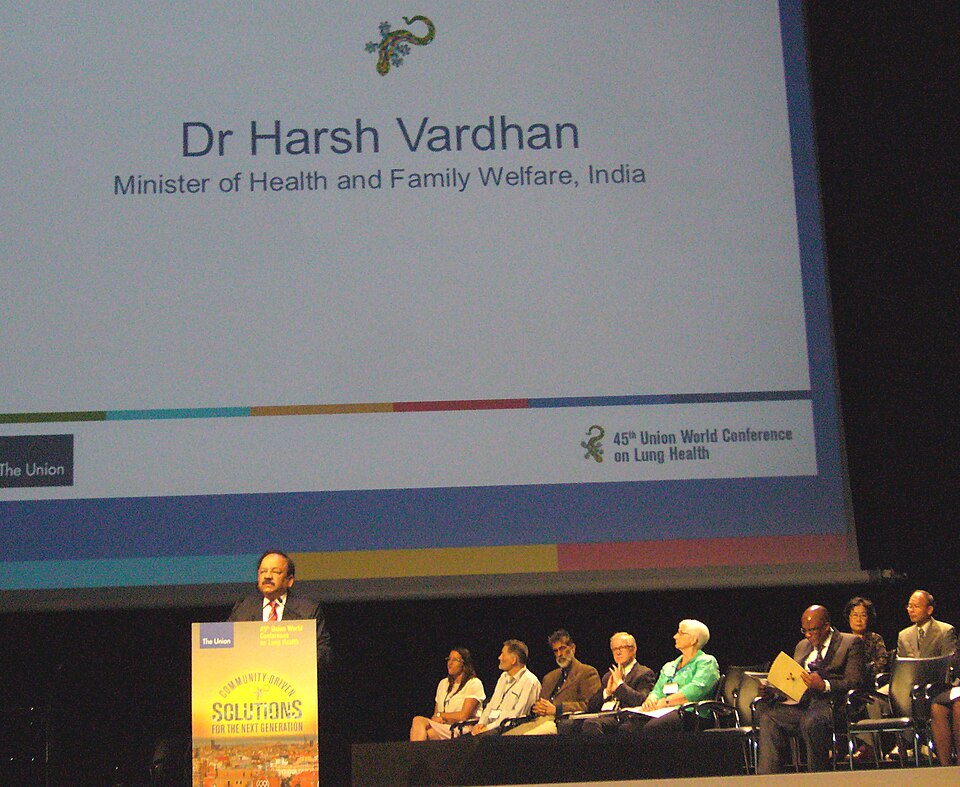Nagpur Faces Rising Vector-Borne Disease Cases Ahead of Monsoon 2025

As the monsoon season approaches, the Nagpur Municipal Corporation (NMC) has reported a concerning increase in vector-borne diseases, a trend that echoes last year's alarming statistics. Updated data reveals that the first five months of 2025 have already seen five confirmed cases of dengue and three cases of chikungunya, raising public health concerns as the city braces for the rains.
In May alone, two out of 17 suspected dengue cases tested positive, indicating an early onset of seasonal infections. In the initial ten days of June, two additional dengue cases were recorded. This pattern reflects the historical trend observed in 2024, where the city experienced a significant surge in chikungunya cases during the monsoon months of August and September.
Historically, the arrival of the monsoon serves as a catalyst for the proliferation of Aedes aegypti mosquitoes, the primary vector for both dengue and chikungunya. Dr. Anjali Rao, an epidemiologist at the Indian Institute of Public Health, emphasizes, "The onset of rains creates optimal conditions for mosquito breeding, which can lead to a spike in cases if not managed effectively."
Despite the absence of reported malaria cases in the first half of the year, NMC has conducted extensive screenings, testing over 100,000 blood samples to ensure early detection and prevention. Public health officials remain vigilant, as previous years have shown that malaria cases often rise sharply from mid-June, particularly in regions with stagnant water and inadequate sanitation facilities.
NMC health officials are urging citizens to take proactive measures against the potential outbreak of these diseases. They recommend eliminating water stagnation around homes, maintaining proper hygiene, and promptly seeking medical assistance for symptoms such as high fever, rashes, or joint pain.
"It is crucial for the community to engage in preventive actions, especially given the dense population of Nagpur, which increases the risk of rapid disease transmission," warns Dr. Meera Patel, a public health expert at the National Institute of Virology.
The warning comes as the city prepares for what could be a challenging monsoon season. Local authorities have initiated awareness campaigns to educate residents about the importance of preventative measures.
The situation is further complicated by the socioeconomic factors influencing public health responses. Dr. Vikram Joshi, a social scientist at Nagpur University, notes, "Low-income communities often lack the resources to implement effective sanitation and health measures, which exacerbates the risk of outbreaks during the monsoon."
Given the historical context and current data, experts are concerned that the early cases of dengue and chikungunya could signal a larger outbreak if preventative steps are not taken. The coming weeks are critical for Nagpur, as the city must act quickly to mitigate the public health threat posed by these vector-borne diseases.
In conclusion, while Nagpur has a history of battling vector-borne diseases during the monsoon, the proactive measures taken by the NMC and the cooperation of the community will be essential in safeguarding public health in the weeks to come. Public health experts emphasize that early intervention and community engagement are vital to curbing the potential outbreak of dengue, chikungunya, and malaria as the rains begin to fall.
Advertisement
Tags
Advertisement





